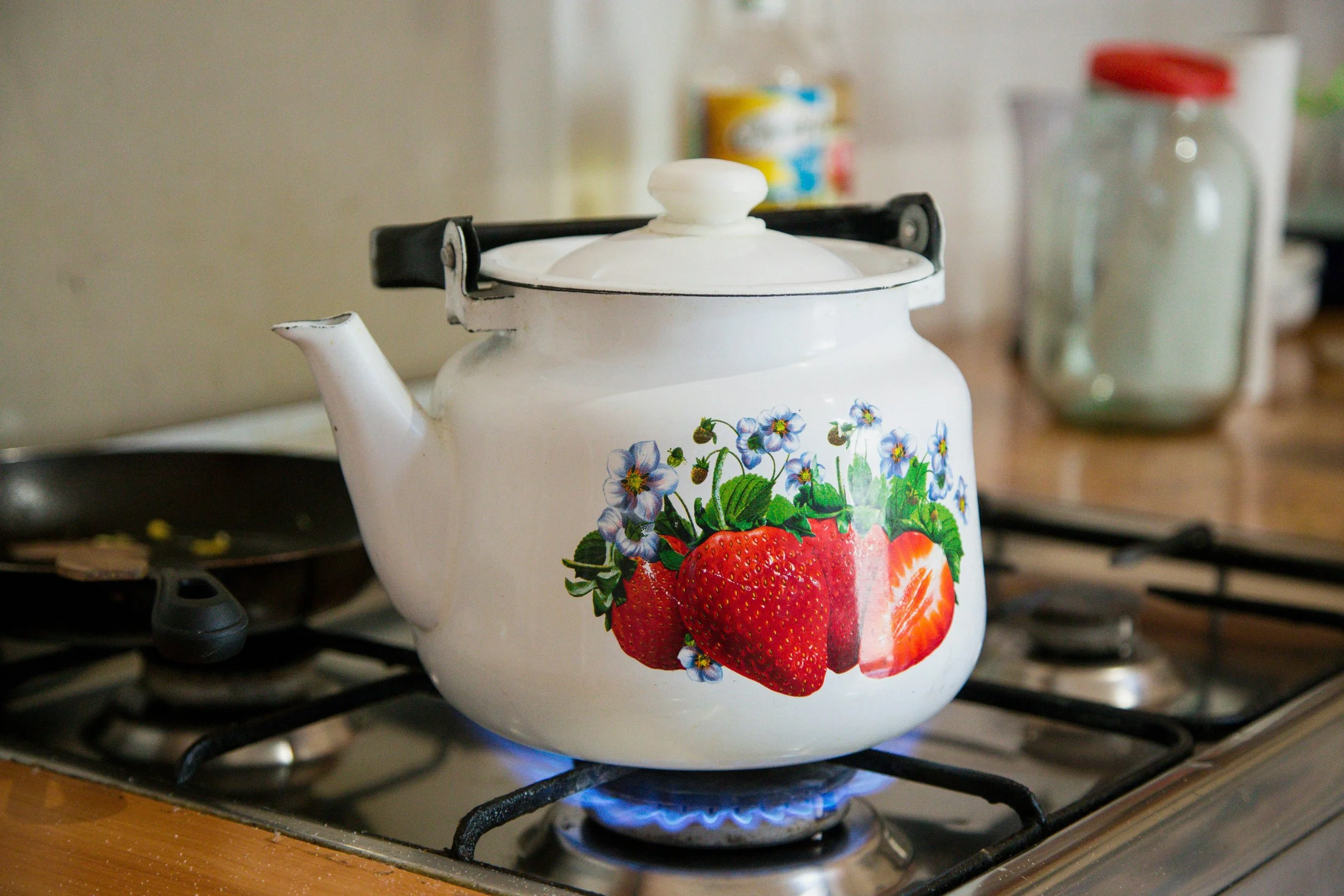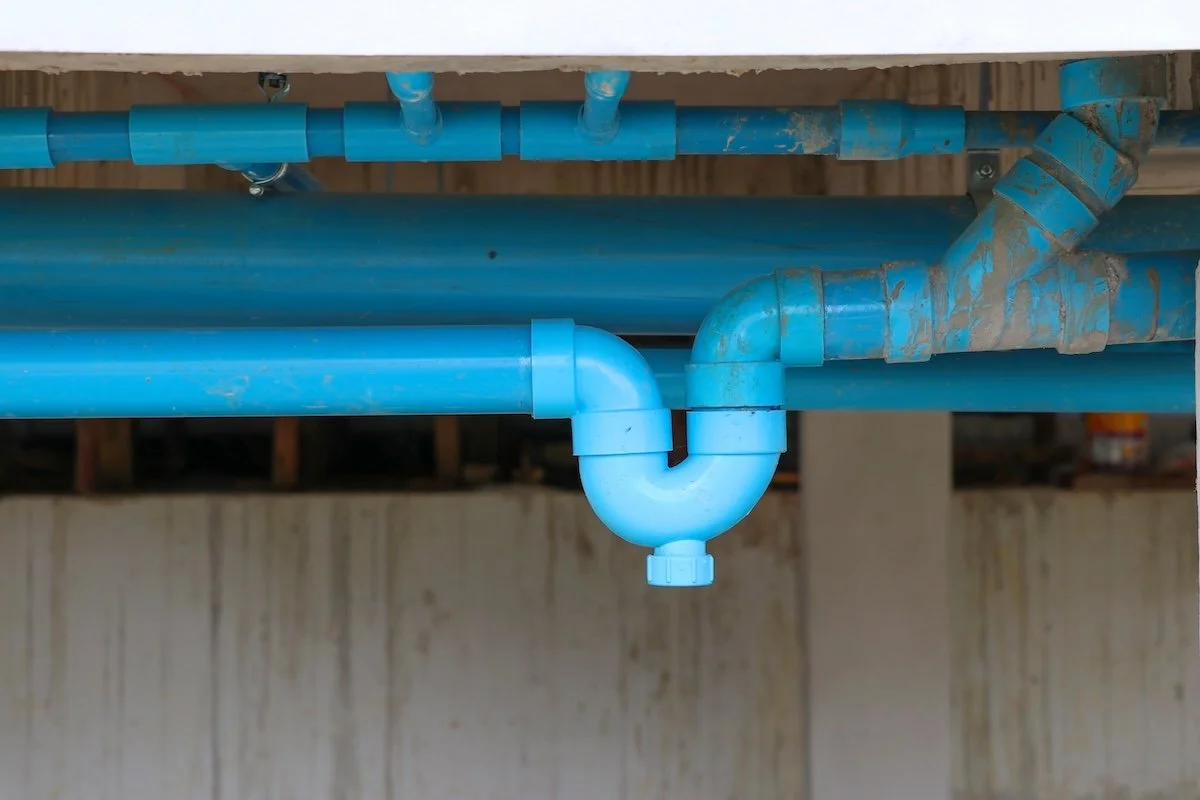5 Plumber-Approved Fixes for Blocked Drains You Should Try
Blocked drains can be a real hassle, and while you might be familiar with the usual fixes, some clogs need a little extra help. Here are five tried-and-true tricks that plumbers rely on to tackle even the toughest blockages.
1. Put a Wet/Dry Shop Vac to Work
If you’ve got a wet/dry shop vac sitting in your garage, it might just be the secret weapon you need for those stubborn clogs—sometimes even outperforming a plunger. This trick works especially well for bathroom drains that get jammed up with hair, soap scum, and other debris that can be tough to reach. Just set the shop vac to the “wet” setting, position it snugly over the drain, and let it work its powerful suction to pull out whatever’s blocking the way. It’s an efficient, no-fuss method that often succeeds where plungers struggle, making it a go-to solution for the trickiest clogs.
2. Fashion a DIY Drain Snake
When hair or buildup is clogging your pipes, a drain snake can usually handle the job. But if you don’t have one on hand, you can make a DIY version in seconds using a wire hanger or even a long zip tie. Just bend a small hook on one end, and you’ve got a quick tool for grabbing whatever’s blocking your drain. This hack is especially handy for bathroom sinks or showers, where hair tends to gather and slow things down. A few passes with your makeshift snake can pull out more debris than you’d expect, getting your drain back to normal in no time.
3. Pour Boiling Water with Dish Soap Down the Drain
One of the easiest tricks for clearing kitchen clog repairs is simply using boiling water and a bit of dish soap. Grease buildup is a big culprit for blocked kitchen drains, but this duo can help break it down. Add a few drops of grease-fighting dish soap to a pot of boiling water, then slowly pour it down the drain. It’s a simple, no-fuss fix that’s surprisingly effective for clearing minor clogs and keeping things flowing smoothly before a bigger blockage forms.
4. Use the “Two-Bucket” Trick for Cleaning P-Traps
Under-sink P-traps are notorious for collecting all kinds of debris, leading to slow drainage or even complete blockages. A method plumbers often use to clean them out without making a mess is the “two-bucket” technique. First, place one bucket underneath to catch any water and debris when you unscrew the trap. Then, take a second bucket filled with hot water to rinse it out thoroughly before reattaching it. This simple approach helps keep things clean, ensuring you don’t accidentally reintroduce any gunk into the drain, which could cause another clog down the line.
5. Add Hot Water for a Plunging Boost with Toilets
For tough toilet clogs, a simple trick is to add a few cups of hot water to the bowl before you start plunging. The heat helps loosen the blockage, making it easier to clear. Once the water’s in, use short, quick plunges to build pressure, finishing with one strong push. The combination of the water’s weight and the pressure from the plunger often does the trick, breaking up the clog without the mess, splash-back, or need for harsh chemicals. It’s a simple, effective method that can save you from calling a plumber.
Blocked drains don’t always mean a call to the plumber. Sometimes, a few simple, tried-and-true tricks are all it takes to get things flowing again. These professional tips can save you time, effort, and money without needing to do a full build and remodel. Give them a shot—you might be surprised at how effective they really are!
When should you call a professional?
While DIY tricks can tackle many common drain problems, there are times when it’s best to call in a professional plumber. If you’ve tried everything from plunging to using a drain snake, and the clog persists, it might be a sign that the issue goes deeper than a simple blockage. Persistent clogs can indicate problems like damaged pipes, tree root intrusion, or severe buildup that requires specialized equipment to fix. At this point, continuing to use DIY methods might only make the problem worse or cause further damage to your plumbing system.
Another red flag is if you notice multiple drains backing up at once or if your drains are emitting unpleasant odors. These signs could point to a more widespread issue, like a sewer line blockage, which requires professional expertise to resolve safely and effectively. In these cases, calling a professional plumber sooner rather than later can help prevent further damage, minimize cleanup costs, and ensure your home’s plumbing system is back to working properly. If you're ever unsure, it's always a good idea to consult with a pro to avoid unnecessary stress and costly repairs down the road.
Experiencing persistent clogs or multiple drain issues?
Don’t wait until it becomes a bigger problem. Call us today to schedule an estimate or a quote for your leaky fixes.


